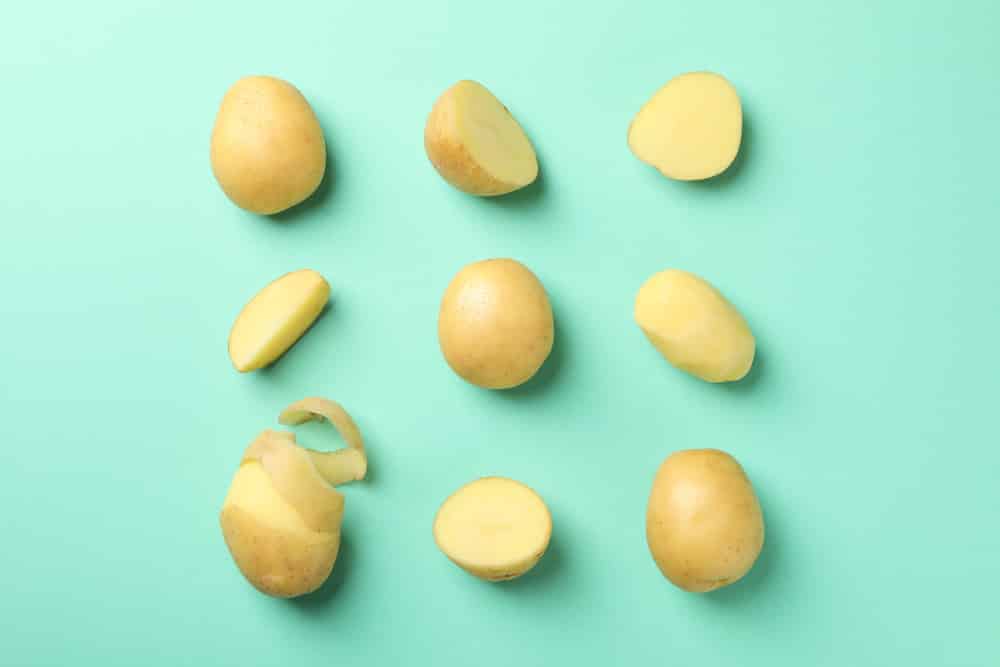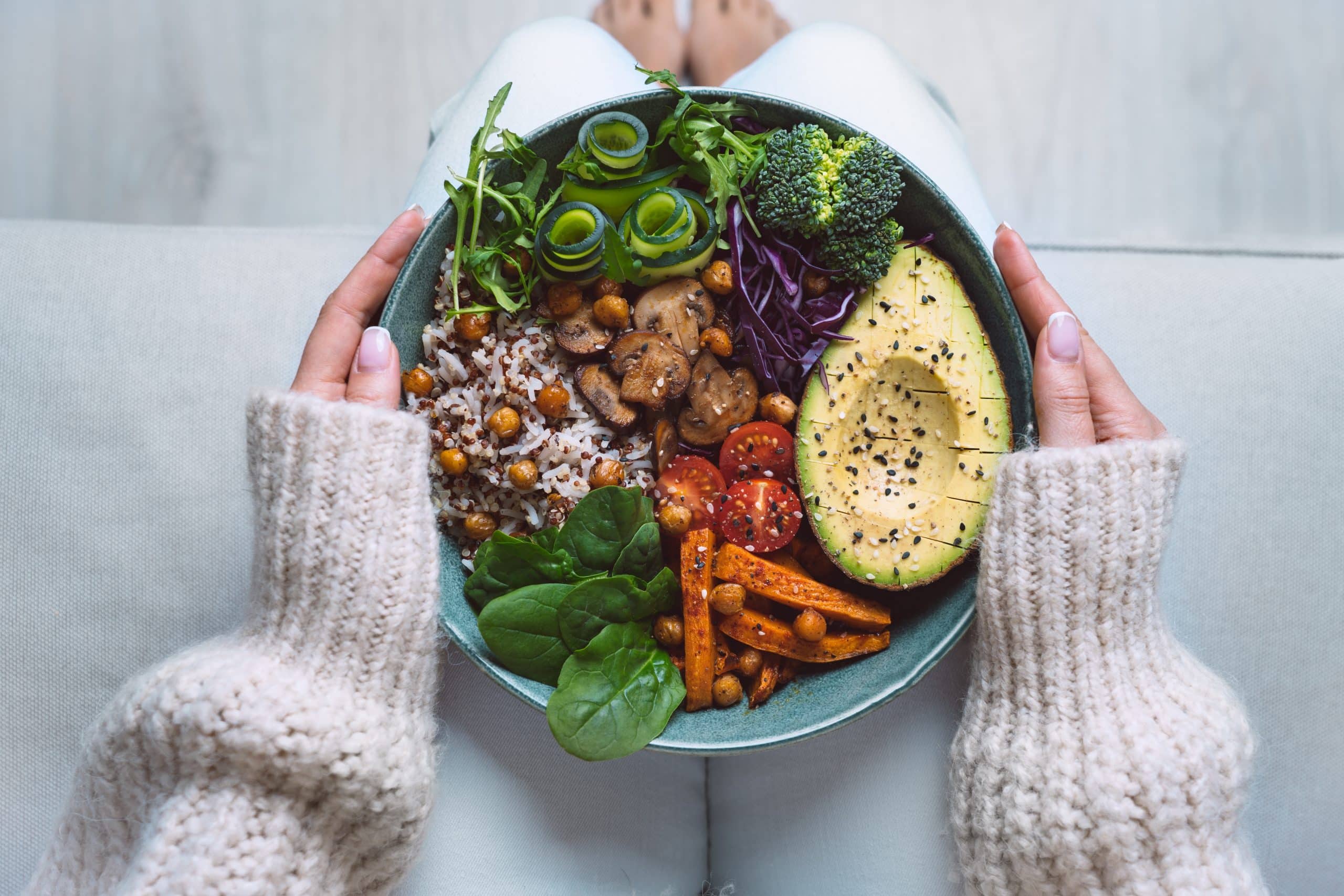What Is The Potato Diet?
While having a mainstream reputation of obesity promotion, potatoes’ uselessness for weight loss is challenged by people who stick to a seemingly crazy plan – eating only potatoes for 3 days, a week or even a year! Is potato diet as ridiculous as it sounds? Find out in this article.
What Are The Potato Diet Rules?
Eat only potatoes for every meal. Stick to mashed, baked or boiled ones, no oils and fats allowed, seasonings in moderation. French fries and chips obviously strictly banned. Sweet potatoes aren’t off-limits, so it’s your call whether to consume it or not. You can eat the skin. Drink water to quench your thirst. Needless to say, dousing the potatoes in cheese and bacon isn’t an option. You’re allowed to eat between 2 and 5 pounds of potatoes per day, so you shouldn’t ever have to deal with racking hunger pangs.
Proponents of the Potato diet say you may lose around 12 pounds in a week following those rules.
Read More: Different Types Of Diets: The Lowdown On The Most Talked-About Weight Loss Strategies
How Does The Potato Diet Work?
Basically, this diet is one of a myriad of so-called crash diets, meant for short-term, fast weight loss. The crux of such diets is that you simply consume very few calories while sticking to only one food. Magical properties of potatoes have nothing to do with weight loss, sustaining caloric deficit is what will keep the scale sliding in your favor.
However, while the desire to lose weight at the speed of light is understandable, many dietitians and doctors forewarn enthusiasts. While the media marvel at people losing 12 pounds a week on the potato diet, researchers underscore the importance of not losing more than 2 pounds a week as it might cause a number of health complications, including gallstones, muscle loss, nutritional deficiencies and low metabolism (3, 4). Besides, losing weight at a slow and steady pace increases your chances of keeping it off in the future (2).
All those warnings, however, do not answer one crucial question: why are people sticking specifically to potatoes? The keyword here is satiety. Researchers from the University of Sydney proved that potatoes possess the highest satiety index of all individual products they’ve tested (1). It means that while eating potatoes, you feel the fullest while consuming the fewest calories. That’s why, in fact, you may eat as many potatoes as you wish, feel no hunger, and still watch your pounds disappear.
If you’ve mustered up the courage to crush your weight loss goal, let Betterme take the sting out of this demanding process. Our app will help you restructure your habits, remold your life and crank up your fitness results!
So, Is This Diet Effective And Healthy?
Effective – yes, in terms of immediate weight-loss results, healthy – not so much. Potatoes do not contain enough energy-filling nutrients and protein (that’s why exercise is not advised on the Potato diet). They lack vitamins A, E and K, fiber and minerals. Not to mention, cutting out entire food groups could backfire and leave you grappling with an endless list of health complications. The bottom line is that the potato diet is not a sustainable long-term eating plan.
To sum up, if you’re in a time crunch and peeling off a couple of extra pounds is a top priority on your agenda but the scale isn’t budging no matter what you try – in this case giving the potato diet a whirl might be the magic bullet you’re looking for. But keep in mind that adopting this eating pattern as a long-term dietary approach may wreak havoc on your entire system.
On the other hand, for the long term results, you should choose a well-balanced diet to provide your body with sufficient nutrients.
DISCLAIMER:
This article is intended for general informational purposes only and does not address individual circumstances. It is not a substitute for professional advice or help and should not be relied on to make decisions of any kind. A licensed physician should be consulted for diagnosis and treatment of any and all medical conditions. Any action you take upon the information presented in this article is strictly at your own risk and responsibility!
SOURCES:
- A satiety index of common foods (1995, ncbi.nlm.nih.gov)
- Combination of very-low-calorie diet and behavior modification in the treatment of obesity. (1992, ncbi.nlm.nih.gov)
- Persistent metabolic adaptation 6 years after The Biggest Loser competition (2016, ncbi.nlm.nih.gov)
- Prevalence of micronutrient deficiency in popular diet plans (2010, ncbi.nlm.nih.gov)








